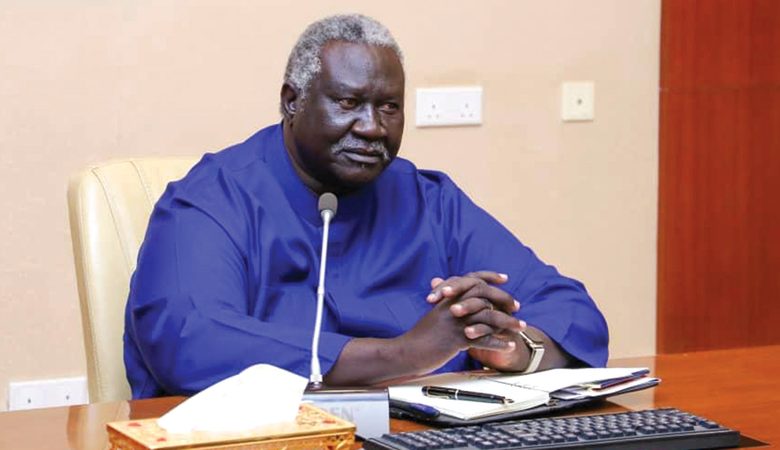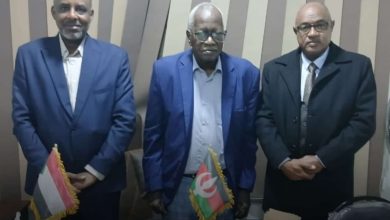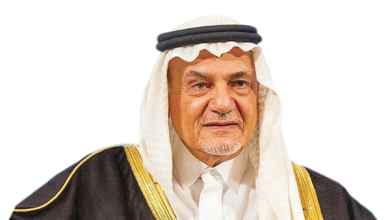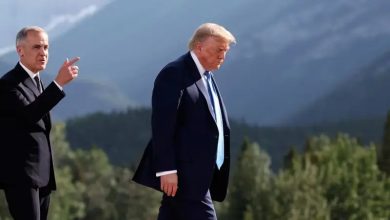
Sudan Events – follow ups
The Vice President of the Sovereign Council, Malik Agar Aier, has underlined that Sudan is aware of who supports the rebel militias in the country
But, Agar cautioned, accusations without full concrete and material evidence will only lead the country into complications with the international institutions.
Agar who was speaking to the national TV on Tuesday night said he disdained the keenness of some countries that seek to guard their vested interests in place of working to find a solution for the crisis. He also renewed his criticism for the Jeddah platform
Agar said during the interview with Sudan TV on Tuesday evening that Sudan’s distinguished location has made it coveted by many countries
He added that neighboring countries were affected by the Sudan war, but most of them did not care about the humanitarian aspect, the suffering of the people, and removing the burden, and only cared about their interests and ambitions.
Aqar renewed his criticism of the Jeddah platform for negotiations between the army and the Rapid Support, and said that it contains problems, starting with the host country, which is more concerned with its interests than solving the problem, and also America, which practices the same attitude towards the Sudan.
He acknowledged that the Sudan seems to possess no long term strategy in managing foreign relations and that it is managed by emotions and the tactics of “day by day.” He pointed out that the government’s orientations during successive periods were Middle Eastern and have neglected the African continent, and now the country is reaping the price of these mistakes.
Agar said he was surprised by IGAD’s letter on the technical reasons that prevented holding the meeting between the President of the Sovereign Council, Abdel Fattah Al-Burhan, and the militia leader, Mohamed Hamdan Dagalo (Hemedti), even though the latter was touring the region at the time.
Agar has meanwhile underlined that the Sudanese Armed Forces remain a national institution and that if this army is allowed to collapse then the whole country would be duplicate of what has happened in Somalia, in Lebanon and in other countries in similar situation.
He described the people’s mobilization as being good work that has to be managed well, stressing that war in the end is a good management of resources
He renewed his stands that the war would ultimately end at the negotiations table and that the winner usually submits his conditions and th4e loser has to accept them.
He said the Civil Democratic Forces Coordination (TAGGADUM) have reached an agreement with the RSF on the minimum level and that the coordination was actually seeking to gain legitimacy that could not be without it sitting with the de facto government of the Sudan
He said most of the political forces in the Sudan are actually in state of conflict and that they do not accept each other and do not have a common and agreed upon programme. He said he is of the view the government should sit with all parties including the Forces for Freedom and Change (FFC).



